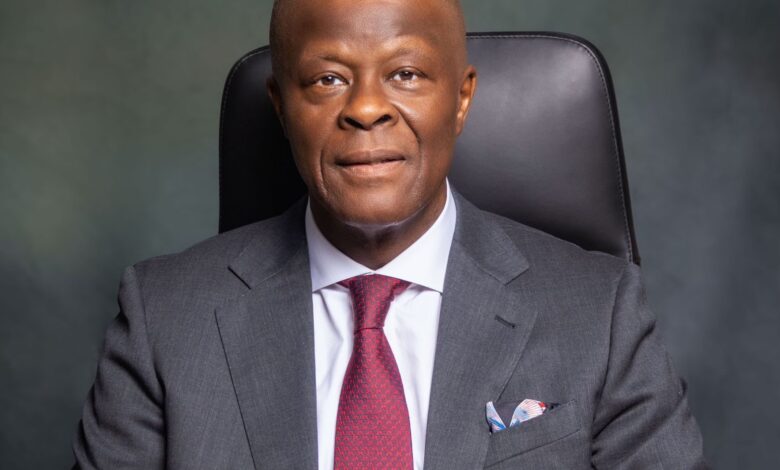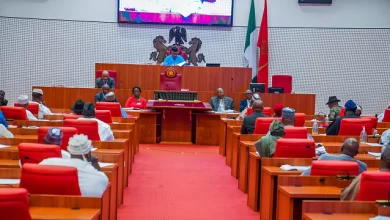Federal Government To Roll Out Cash Transfers For 20 Million Vulnerable Nigerians

In a recent address, Nigeria’s Minister of Finance and Coordinating Minister of the Economy, Wale Edun, announced that the country’s increased revenue in 2024 is being strategically invested in social programmes aimed at improving the living standards of citizens and addressing urgent societal needs. The Minister highlighted the government’s commitment to the Social Investment Programme (SIP), which targets 60% of Nigeria’s poorest citizens, with plans to reach 20 million people. This initiative is part of a broader economic reform agenda designed to reduce inflation, create jobs, and stimulate growth in key sectors of the economy.
President Bola Tinubu, during his October 1, 2024, address, revealed that Nigeria’s revenue for the first half of 2024 had surpassed N9.1 trillion, more than doubling the N4.06 trillion generated during the same period in 2023. Edun, speaking at the 30th Nigeria Economic Summit, explained that this revenue increase is being directed towards mitigating the impact of necessary but challenging economic reforms. He emphasized that the government had applied technology to boost domestic revenue mobilisation, enabling a dramatic increase in revenue without relying on external sources.
The SIP, a key beneficiary of these funds, has already reached 4 million households through direct cash transfers, with plans to expand support to 15 million households. This program aims to alleviate the cost of living pressures that have emerged due to recent reforms. The Minister further explained that these social investments are being financed by the additional revenue from improved oil production, a sector that has seen significant foreign investments, including $10 million from ExxonMobil.
In addition to social spending, Edun highlighted other sectors where increased revenue is being channeled, including agriculture, manufacturing, oil, and housing. The government is making significant investments to boost food production, reduce inflation, and lower the cost of living. Specifically, N75 billion in grants and loans is being provided to one million small and micro-enterprises in the agricultural sector. For larger companies, an additional N75 billion is available at a favorable interest rate to help offset production costs impacted by foreign exchange fluctuations.
The Minister also underscored the importance of the oil and gas sector, noting its critical role in generating foreign exchange. Ongoing reforms in this sector have attracted new investments and are helping to stabilize the economy. Nigerian manufacturers have also responded positively to these reforms, with commitments of up to $4.2 billion in investments to strengthen the country’s economic prospects.
Additionally, other initiatives such as a student loan scheme and consumer credit for workers, including incentives to convert vehicles to compressed natural gas (CNG), are helping to ease the financial burden on households. These programs are part of the government’s broader effort to make economic reforms more socially inclusive.
World Bank Country Director for Nigeria, Ndiamé Diop, speaking at the summit, acknowledged the country’s remarkable revenue growth and praised the ongoing reforms for stabilizing Nigeria’s fiscal position. Diop noted that in 2022, Nigeria’s revenue covered only 7.6% of its GDP, leaving the country with a significant fiscal deficit. However, the current trajectory, boosted by increased revenues and fiscal reforms, promises to improve Nigeria’s revenue-to-GDP ratio and ensure long-term economic sustainability.
Overall, the Tinubu administration’s focus on using the revenue gains from improved oil production and macroeconomic reforms is geared towards achieving inclusive growth, social stability, and sustainable development for Nigeria.



